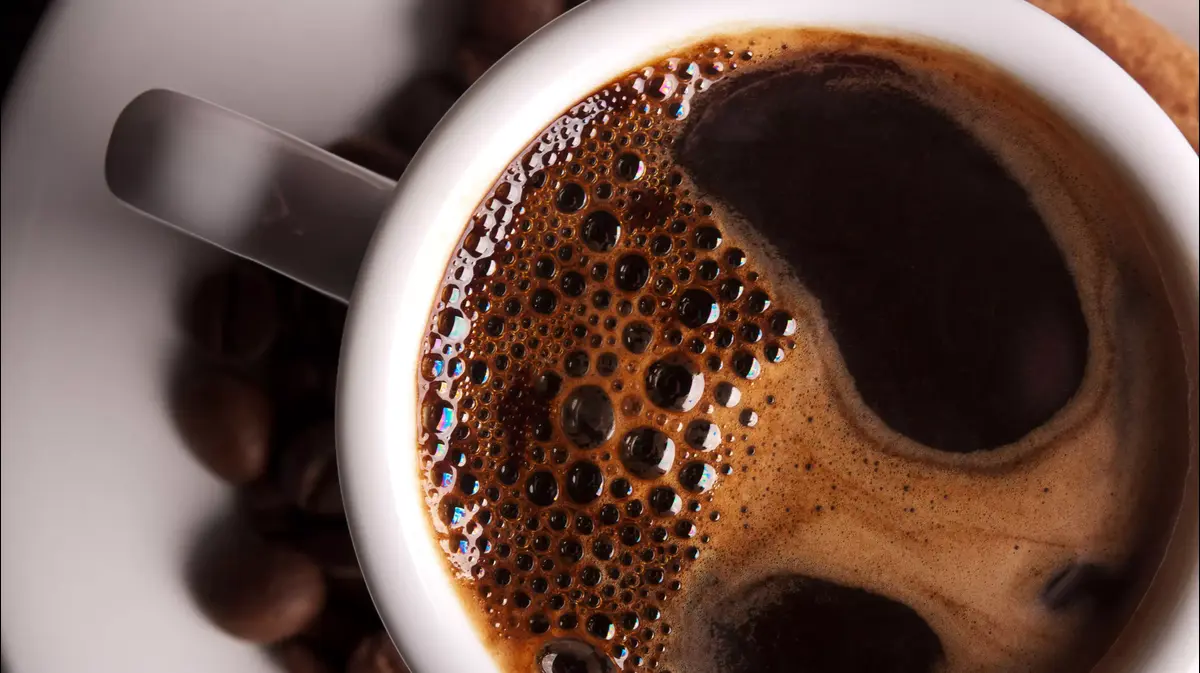5 things you may not have known about coffee/the "must not miss" system
Most of us will go through the day with 2-5 cups of coffee - which is considered moderate consumption and even healthy, but others can drink eight or even ten cups of coffee during one day. What's the problem you ask? There comes a point where the coffee you drink no longer provides you with energy but harms you and may make you feel really bad.
The guidelines of the Ministries of Health around the world suggest a maximum daily caffeine intake of 400 mg, which is equivalent to about 5 cups of coffee. Pregnant women are recommended to consume 200 mg.
"Four 225ml cups of coffee, that's fine. But people are now drinking double-sized glasses," said Marilyn Anderson, a dietitian at the Detroit Medical Center. According to her, caffeine kicks in within five to 15 minutes, peaks in about an hour, but the effects can last much of the day. Within about 5 hours, the caffeine leaves the body. Still, too much caffeine can lead to tremors, headaches, insomnia, palpitations, increased blood pressure and lead to anxiety and irritability.
Espresso Cafe/ShutterStock
Other sources of caffeine include chocolate. The cocoa beans are related to coffee. In general, the darker the chocolate, the higher the caffeine. Black tea, kombucha, and even over-the-counter pain relievers can contain up to 150 mg of caffeine in a standard two-tablet dose.
Some people need to be more careful with their coffee intake, which includes people with high blood pressure, heart disease, or diabetes.
More in Walla!
KKL-Junk encourages climate studies through scholarships for young students
In collaboration with KKL-Junk
How much caffeine is in the drinks you drink?
Coffee
A cup of coffee has about 80 to 100 milligrams of caffeine. Although it doesn't sound like much, the effects of caffeine increase the more cups of coffee you drink throughout the day.
Energy drinks
The popular brands of energy drinks contain between 40 and 350 mg of caffeine per serving. It is important to check the table on the product and monitor your caffeine intake.
Tea
A cup of black tea usually has 30 to 50 mg of caffeine. Other varieties, such as white or green tea, tend to contain less caffeine.
Fizzy soft drinks
Although they usually contain less caffeine than a cup of coffee, some of these soft drinks may contain 30 to 55 mg of caffeine per cup.
Chocolate drinks
A small bar of dark chocolate (about 100 grams) has about the same amount of caffeine as one cup of coffee. , all chocolate drinks will also contain caffeine. It is advisable to always check the product packaging.
A study published in 2021 found that people who drank six or more glasses a day had a 53 percent higher risk of developing dementia compared to those who drank one or two glasses or less.
The extensive study involving 17,702 participants aged 37 to 73, whose data was taken from the British Biobank Project, was a long-running project that collects information on a range of different health and lifestyle indicators, including coffee consumption, brain volume and disease - as well as other data such as socio-economic status. His findings were published in Nutritional Neuroscience.
After adjusting for variables such as sex, age, BMI and long-term illnesses, the researchers found a link between drinking more coffee and smaller brain volumes among the participants, as well as an increased risk of dementia.
If you drink one or four cups and you still want to get maximum health benefits from drinking coffee, it is recommended to consume coffee as healthy as possible, which means as little sugar or artificial sweeteners as possible, and if you can, then try to stick to black coffee, and of course moderate amounts. It always helps.
More on the same topic:
coffee
caffeine

